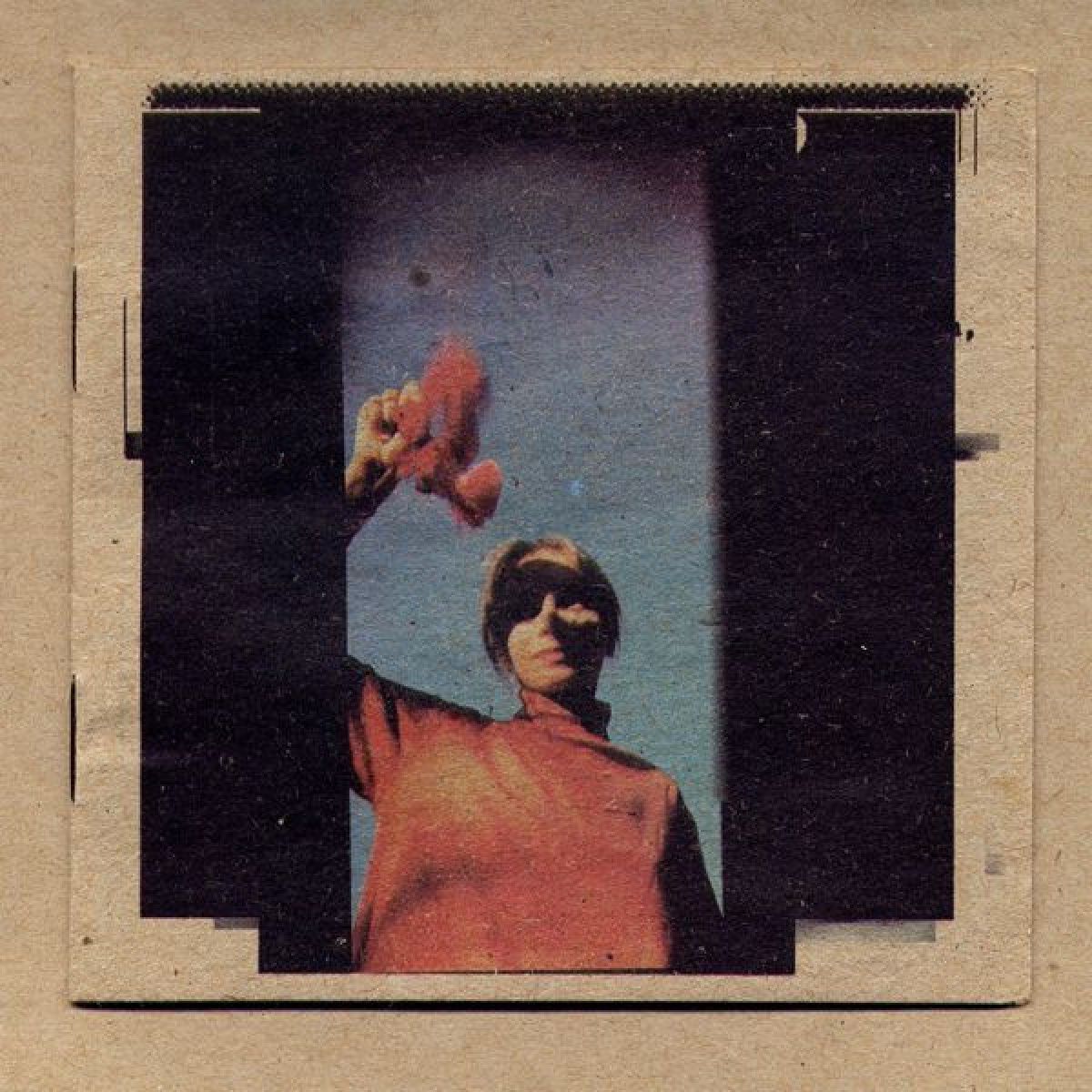
Origin Is Not a Shallow Part of Identity
With the ongoing Russian invasion of Ukraine, our Poland-based writer realized that much of her favorite experimental music that was considered Russian is actually from Ukraine. In the first essay of the new monthly Norient column Sonic Worlding, Agata Pyzik delves deep into the history of the country's vast underground music scene.
When the Russian invasion of Ukraine started on February 24, 2022, I was devastated. I couldn’t listen to any music whatsoever, as nothing could match the gravity of the events unfolding and its horror made it impossible to treat music as a «feel-good» psychological experience. I couldn’t bring myself to record my monthly radio show. I felt utterly useless. Two weeks into the war I came across a discussion with a Ukrainian Jewish musician based in Berlin, Yuriy Gurzhy, who asked his followers to name his favorite Ukrainian band.
I felt ashamed because I realized that I had unwittingly been practicing «musical imperialism», as the majority of Soviet post-punk/alternative bands I listened to – and made an effort to get to know – were Russian, and I wasn’t bothered enough to delve deeper to find more peripheral bands, including those from the Ukraine scene. Plenty of art considered the greatest in the Soviet period and beyond happened in Ukraine, such as the cinema of Alexandr Dovzhenko, Kira Muratova or the Poland-born jewish director Dziga Vertov who filmed a lot in Ukraine. Then I saw Alexander Pehlemann, a wonderful music promoter and Zonic founder from Leipzig, name the band Cukor Bila Smert (Sugar White Death) in that facebook thread. What a badass name! I instantly listened to Manirna Muzyka (Mannerist Music), their album from 1990.
The Decline of Communism Opened the Way for Independent Labels
As the sounds of В Крижанім Мадлені (In Madeleine’s Igloo, roughly speaking) began their mad gallopade of piano and strings, my heart started pounding. Among it, there is a delicate, childlike soprano woman’s voice, as if slightly «damaged», but in a way it made it only more beautiful. It was the voice of Svitlana Okhrymenko. The band came from Kyiv and had three other members: cellist Tamila Mazur, pianist Oleksandr Kokhanovsky, and guitarist Eugen Taran. I was thrilled.
I began to read about Manirna Muzyka and learned it was actually released in Poland. It appeared on KOKA records, an Ukrainian independent record label started in 1989 in Poland. Ukraine didn’t offer possibilities to record and release such bizarre music then, but Poland did. Communism had already collapsed here, which made the state-supported system of recording and releasing music to break down, but at the same time, it opened the way for independent labels. KOKA founder Volodymyr Nakonetchny was a Ukrainian musician, who had contacts within the Polish punk scene. His interest lay in alternative and peculiar folk music. At the same time, singer-songwriter, folk, or independent music has always been the prototype of any dissident music in state communist countries. The majority of bands released on KOKA were recorded in the private studio of composer Tadeusz Sudnik, who called it Studio of Impossible Sounds.
Never a Crowd Pleaser
After the dissolution of the USSR and its integration into the capitalist world market, this music needed support more than ever. Even though KOKA exists to this day (which is extraordinary, given the conditions they had to deal with) and Cukor Bila Smert recorded another cassette with them (Selo 1993), Mannerist Music remains their most original recording. All musicians involved in it were classically trained musicians with an inkling to make forays into more songlike formats, so all went on to create other projects. Especially Svitlana Okhrymenko’s (who changed her surname to Nianio) created an eclectic, captivating body of work, including her proto-hauntological project Frozen Jungle (with Eugen Taran and Guido Erfen), recorded in SHM Studio in Cologne in 1995 and recently rereleased by So Healthy Music on LP. She «came back» in 1999 recording Kytytsi (Frills), an electronic folk album, with KOKA again. Her approach to music: tirelessly original and idiosyncratic, never a crowd-pleaser, but strangely soothing at the same time, helped me to make it through this period.
But I remained wary of my overlooking of such musicians as Nianio, who, I feel, are not being sufficiently recognized partly because of the fact that their nationality is always side-lined by the Russian culture’s domination. It explains a lot why work such as hers is vital today and how an artist's origin is not a shallow part of their identity. As of now, Nianio remains in Kyiv and is safe, as far as I know, proving what strength can be hidden in such a seemingly fragile sound.
«Sonic Worlding» is a monthly Norient column. It invites writers and artists from all over the world to to think and speculate with and not only about music. Where most music writing treats music as something that can be categorised and placed in pre-determined boxes (personality cults, end-of-year lists, genres, origins, styles), «Sonic Worlding» is interested in the vast potential of rhythms, ideas, and worlds that are still to be unlocked, attempting to spin new webs of thought spanning the globe. Edited & curated by Norient editor Philipp Rhensius.
Biography
Published on June 06, 2022
Last updated on July 06, 2023
Topics
From Beyoncés colonial stagings in mainstream pop to the ethical problems of Western people «documenting» non-Western cultures.
Place remains important. Either for traditional minorities such as the Chinese Lisu or hyper-connected techno producers.
How does Syrian death metal sound in the midst of the civil war? Where is the border between political aesthetization and inappropriate exploitation of death?
Special
Snap

